First Steps For Your Bathroom Remodel in Memphis
Embarking on a bathroom remodel can be both exciting and intimidating. With countless design options, materials, and fixtures available, it’s essential to have a clear plan in place before starting your project.
The first steps for your bathroom remodel in Memphis are critical as this is the time that you will consider the budget, select the right contractor, begin to understand the difference between remodeling and renovation, and prepare for the process.
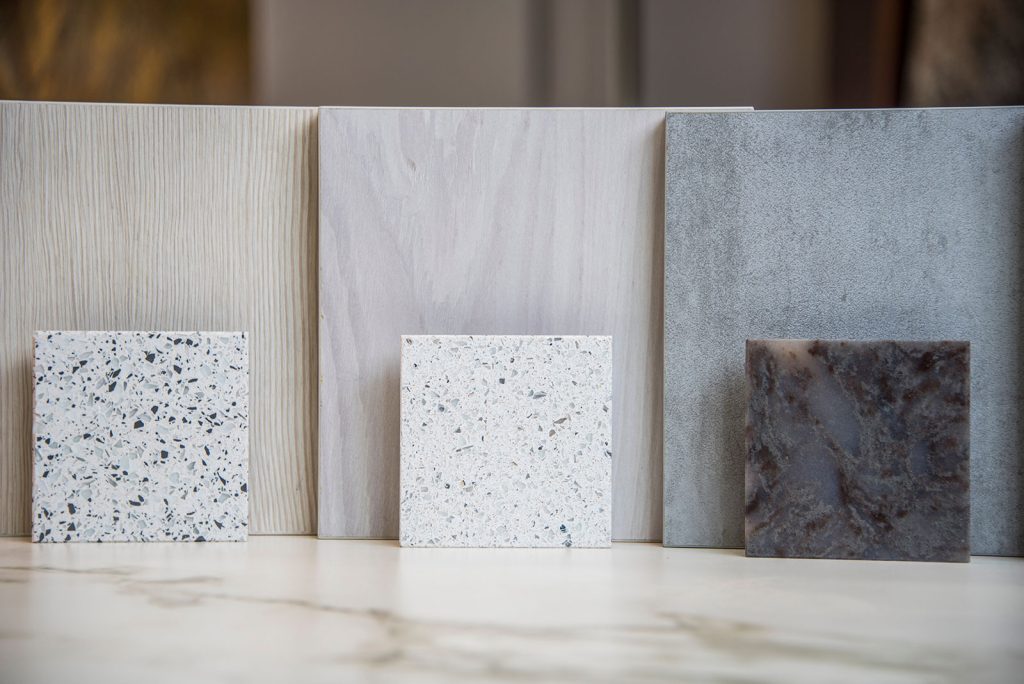

Preparing for a Bathroom Remodel
Importance of Natural Stone in Construction and Design
Natural stone has been vital in construction and design for many years. It has been used in some wonders of the earth, such as the Parthenon in Greece, the Pyramids of Egypt, and the Colosseum in Rome.
Natural stone is widely used in modern construction, architecture, and interior design for various applications, including flooring, wall cladding, landscaping, and countertops, especially in Memphis, where countertops and kitchen remodeling are now becoming a trend.
The importance of natural stone in construction and design can be attributed to several factors.
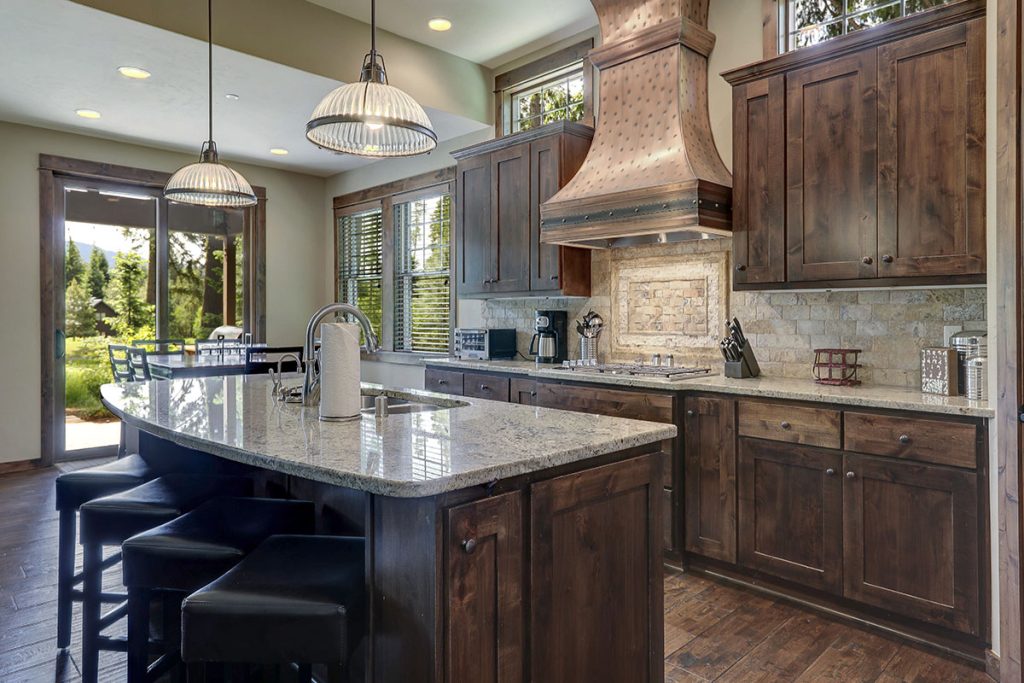
Durability
Unique Aesthetic
Eco-Friendliness
Low-Maintenance
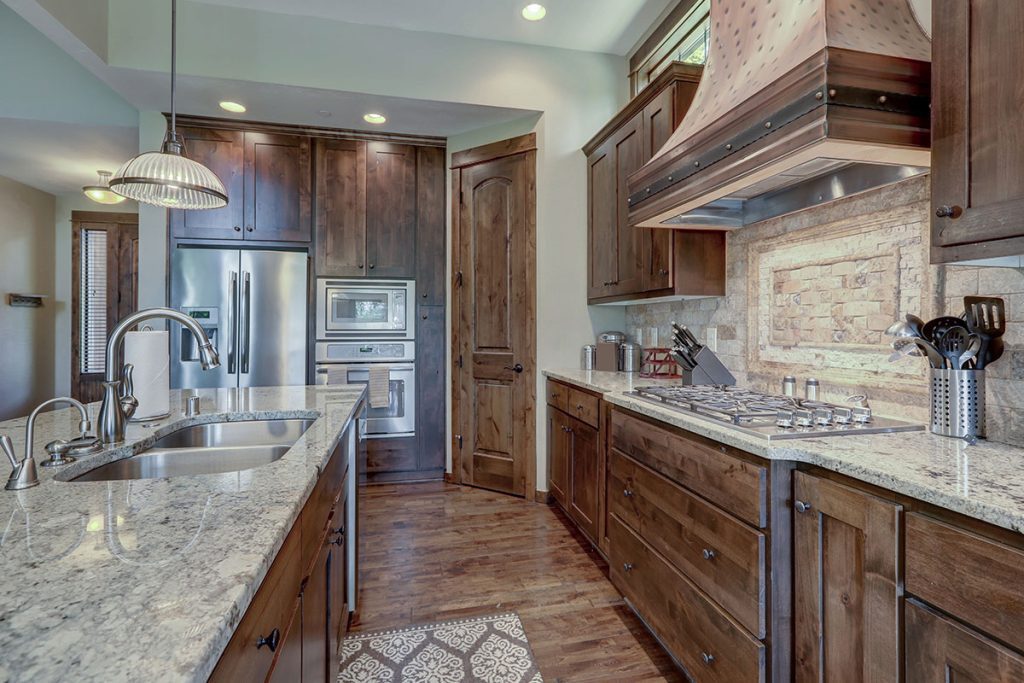
Overview of Memphis, TN, and its Natural Stone Market
Memphis is famed for being home to the professional NBA sports team, the Memphis Grizzlies of the NBA, its history, music scene, and unique culture. Memphis features an eclectic architecture landscape boasting historical landmarks alongside modern buildings in vibrant neighborhoods – perfect for exploring!
Memphis’ natural stone market is flourishing, driven by increased demand for residential and commercial applications of various stone products. Local suppliers and distributors provide access to an expansive variety of natural stones. Market growth can be attributed to rising awareness of natural stone’s advantages and an ever-increasing desire to incorporate eco-friendly materials in construction and design projects.
Famous Natural Stones Available in Memphis
Granite
Granite is famous for its durability, strength, and resistance to heat and scratches. It is an igneous rock composed of quartz, feldspar, and mica, giving it a unique and attractive appearance.
Limestone
Marble
Marble is a metamorphic rock composed of recrystallized carbonate minerals, primarily calcite and dolomite. It is renowned for its elegant veining, rich colors, and smooth texture.
Quartz
Although quartz is not a natural stone in the strictest sense, it is a popular choice for its durability and wide range of colors and patterns. Quartz is an engineered stone from natural minerals, pigments, and resins.
Quartzite
Sintered Stone
Travertine
Quartzite
Sintered Stone
Travertine
Factors to Consider When Choosing a Natural Stone Distributor
1. Quality of Stone
2. Variety of Selection
3. Price
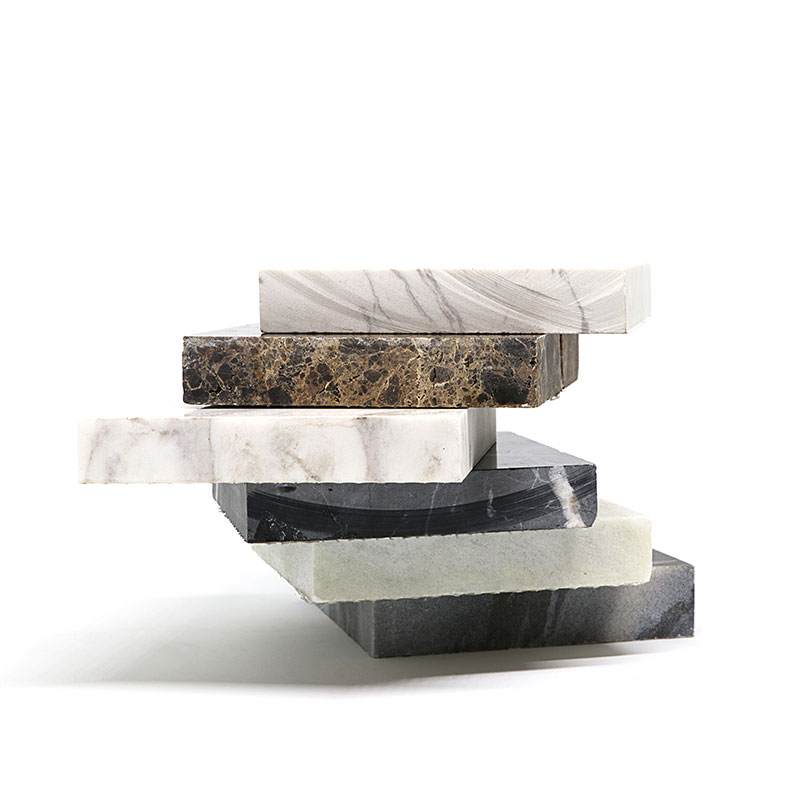
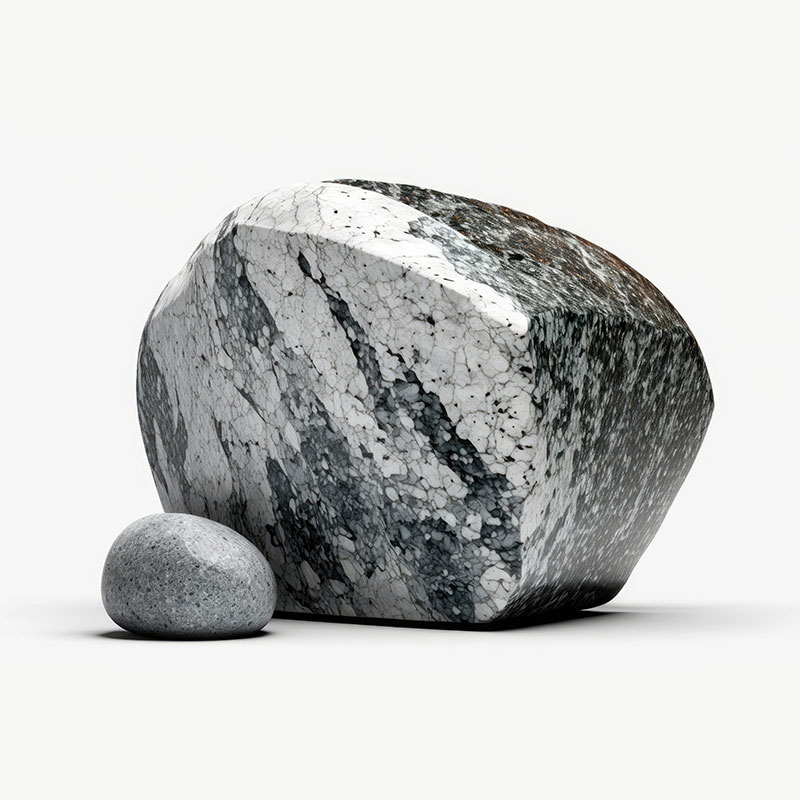
4. Reputation and Customer Reviews
5. Delivery and Installation Services
How to Work with a Natural Stone Distributor
Step 01
Understanding Your Project Requirements
Step 02
Requesting Samples
Step 03
Comparing Quotes
Step 04
Coordinating Delivery and Installation
Step 05
